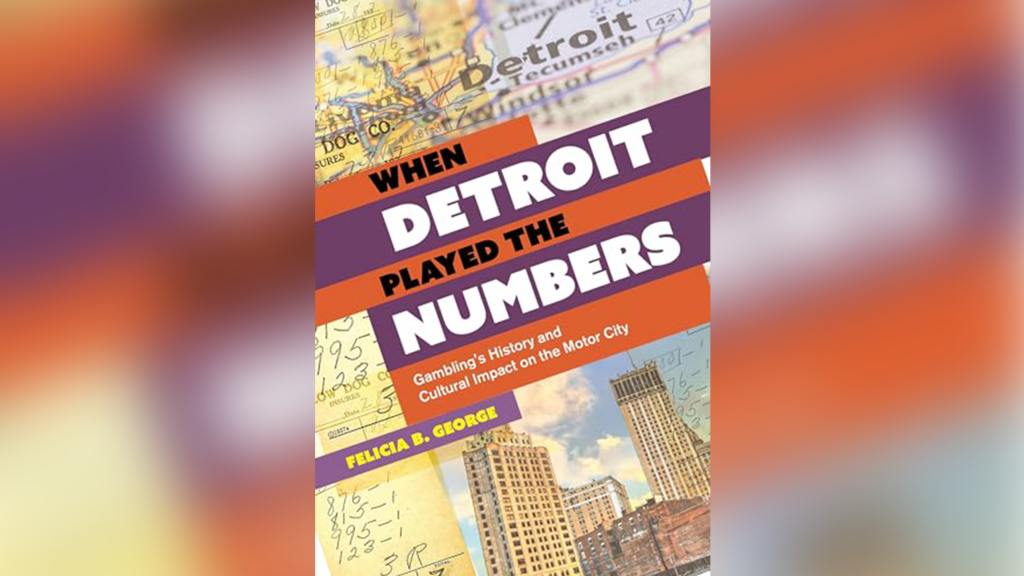Created Equal: New book explores gambling’s impact on Detroit’s Black community
Created Equal March 11, 2024In her new book, Wayne State University professor Felicia George explores how the ‘Numbers’ game provided a net positive for Detroit’s Black community.

"When Detroit Played the Numbers: Gambling's History and Cultural Impact on the Motor City" by Felicia George will be available on March 26, 2024.
It seems like anyone who grew up with family in Detroit has heard of the Numbers.
This old-style, illegal gambling game, originally from Harlem, New York, found it’s way to the Motor City in the early 20th century and became a mainstay for many Black families.
In her new book, “When Detroit Played the Numbers,” Wayne State University anthropology professor Felicia George explores how the popular three-number lottery game provided a net positive for Detroit’s Black community. According to the book, the Numbers game became a community resource and institution of solidarity for Black communities through times of racial disenfranchisement and labor instability. The book also provides a glimpse into the rich culture and history of Detroit’s Black Bottom and Paradise Valley neighborhoods where the game thrived.
George joined Stephen Henderson on Created Equal on Monday to discuss her new book, the history of the game and what side-hustle gambling meant to Black Detroiters in those days.
Subscribe to Created Equal on Apple Podcasts, Spotify, Google Podcasts, NPR.org or wherever you get your podcasts.
Guest:
Felicia George is a professor of anthropology at Wayne State University and author of “When Detroit Played the Numbers.” She says the gambling business helped sustain families during some of the hardest economic circumstances.
“Here this is in the 1920s when the depression has hit in 1929 and money is tight and people were out of work, but I’m going to tell you who had money – the numbers men had money….they were making ten-thousand dollars a day.”
Listen to Created Equal with host Stephen Henderson weekdays from 9-10 a.m. ET on 101.9 WDET and streaming on-demand.
Trusted, accurate, up-to-date.
WDET strives to make our journalism accessible to everyone. As a public media institution, we maintain our journalistic integrity through independent support from readers like you. If you value WDET as your source of news, music and conversation, please make a gift today.
